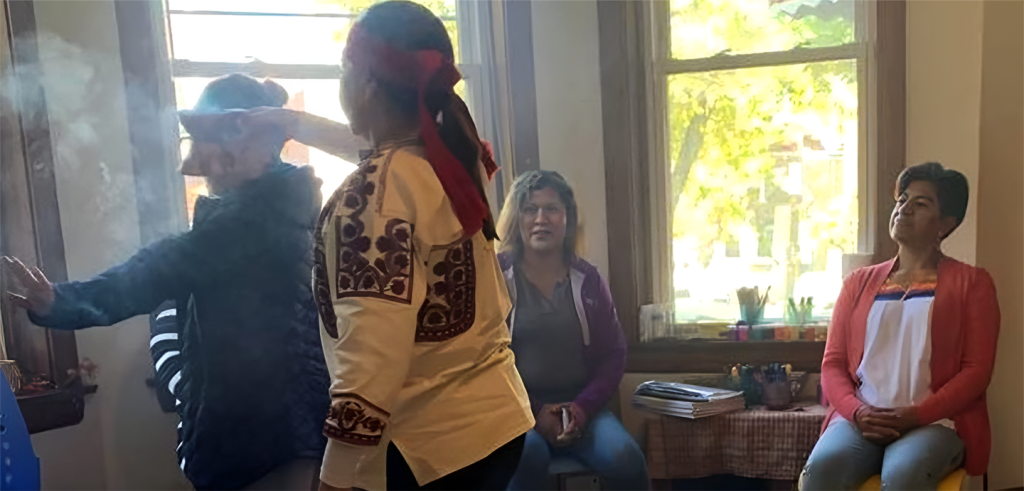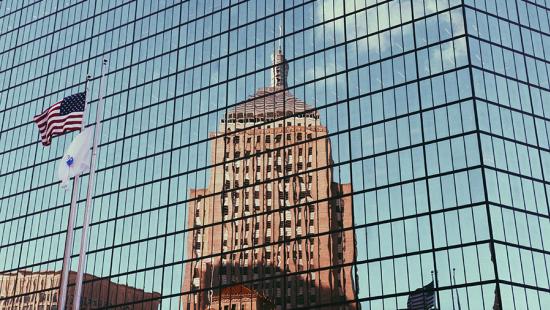Elizabeth Sweet: Futurity, Not Only Grievance: How Can We Use Community Accountability to Repair, Renew, and Redo?

Healing in Chicago. image / provided
Abstract:
How might futurity, not grievance alone, move urban planning to new levels of equity and justice through community accountability (CA)? Grievance claims often lead to transactional or "one-off" types of remediation and do not always result in long-term healing or structural changes. In communities harmed by planning practice, opportunities for repair, renewal, and redoing are needed. How can we shift planning practice in ways that encourage and support communities taking account of their history and creating futurity? What transformations take place when the accountability for futurities, where communities thrive, is in the hands of community members? Through short vignettes, I will provide examples of this happening in Chicago, Illinois, and Norristown, Pennsylvania. Then we can collectively work on ways for planning practice to focus on futurity.
Bio:
Elizabeth L. Sweet teaches in the Department of Urban Planning and Community Development at the University of Massachusetts Boston. She engages in collaborative community economic development with a focus on the links between economies, violence, and identities. Using feminist, anti-racist, and decolonial frameworks, she works with Native, Black, and Latino communities in the U.S. and Mexico. She has focused on long-term collaborations and inclusive projects that both push the boundaries of planning theory and methods while at the same time providing practical planning interventions.







